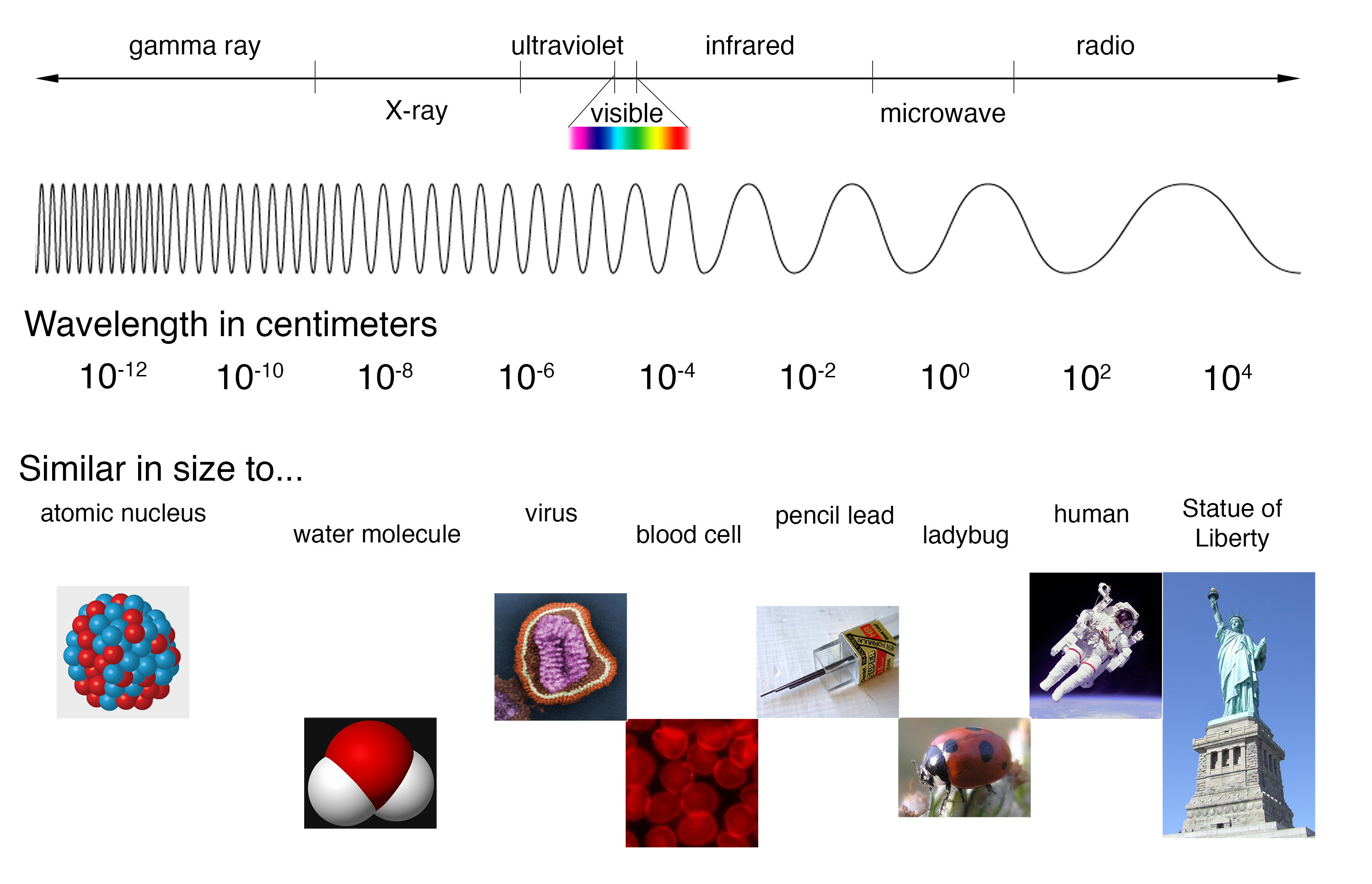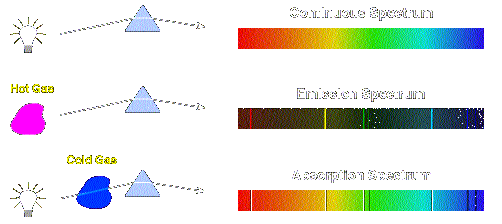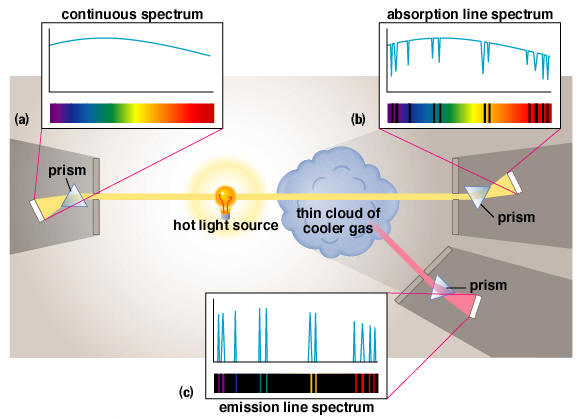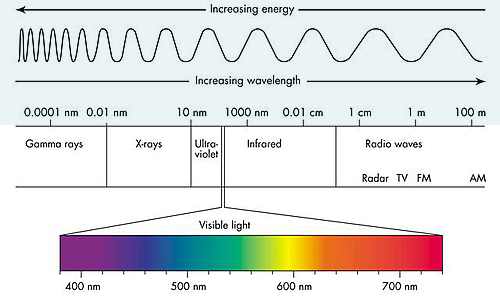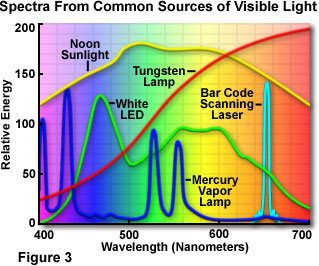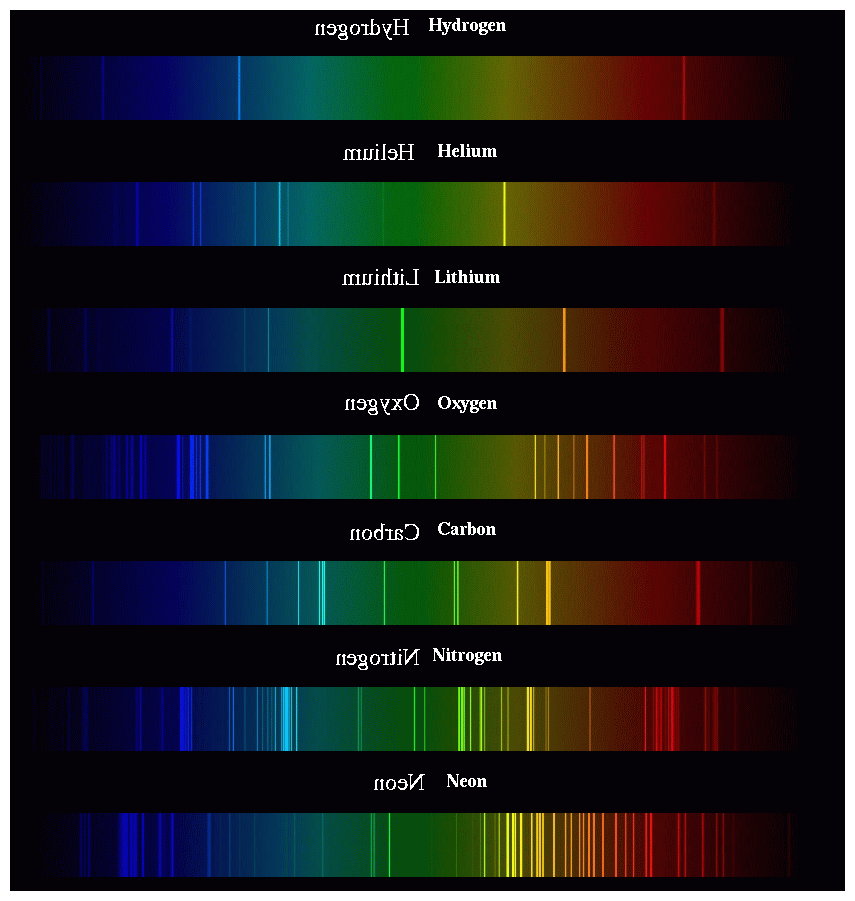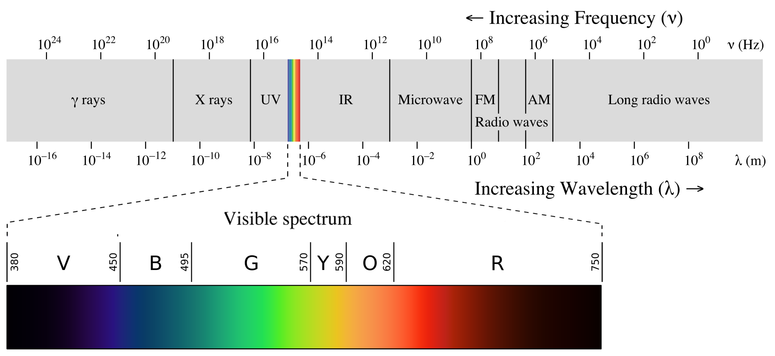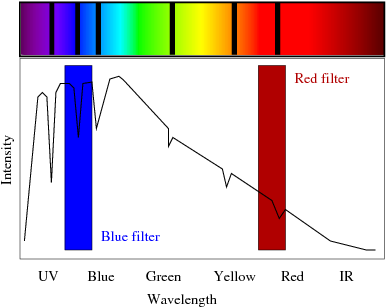The term full spectrum is not a technical term but rather a marketing term implying a smooth and continuous spectral power distribution spd without the spikes and troughs in radiant energy common with most discharge light sources e g fluorescent and metal halide.
Light source continuous spectrum.
In order to fully understand continuous spectrum chemistry it is important to discern electromagnetic spectrum white light is a continuous spectrum but this is only part of a larger electromagnetic spectrum that contains radio waves infrared rays microwaves ultraviolet gamma rays and x rays.
As a consequence these sources do not produce the continuous spectrum of illumination that is characteristic of incandescent sources.
When an absorption spectrum and emission spectrum are combined you get a continuous spectrum with all the wavelengths.
Truly white light like that emitted by some stars and moons is a perfect example of continuous spectrum.
Full spectrum products are usually marketed as electric light sources that emulate.
Similar phenomena occur in high pressure arc lamps in which broadening of spectral lines occurs owing to high collision rates.
Spectrum of light emitted by a deuterium lamp showing a discrete part tall sharp peaks and a continuous part smoothly varying between the peaks.
Broadband light sources then overlap and form a continuous i e nondiscrete spectrum.
A good example of a almost exclusively single wavelength source of non incandescent visible light is the sodium vapor lamps commonly employed in street lighting.
Stars and stellar spectra.







